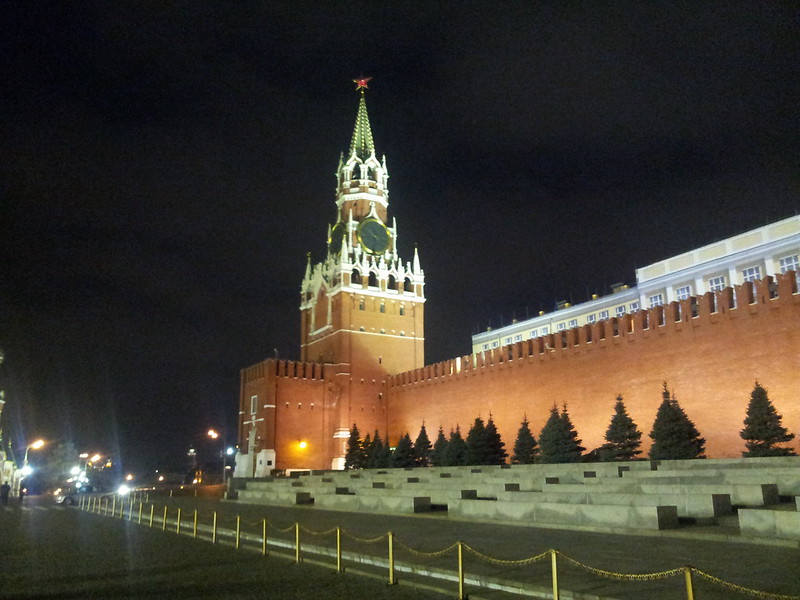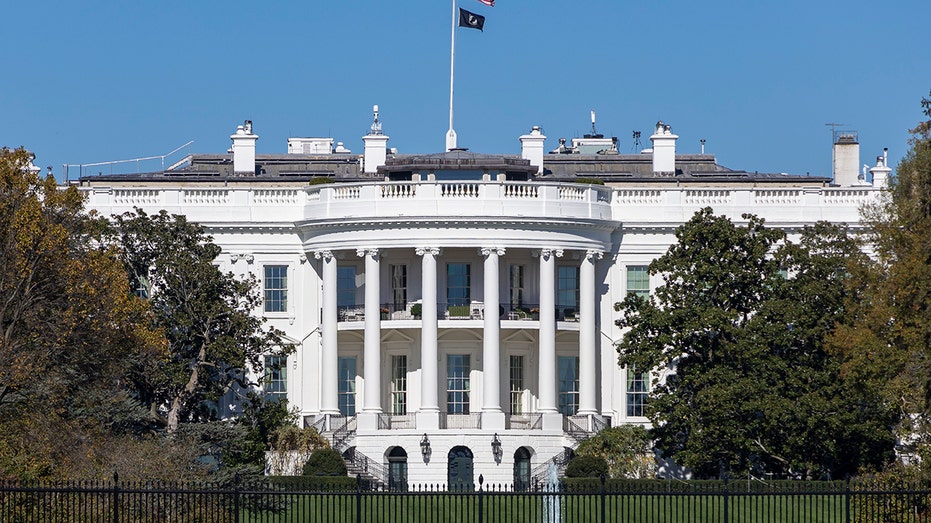Kremlin’s silence on plane crash mirrors MH17 tactics, Ukraine says
Moscow's refusal to comment on the Azerbaijan Airlines crash and Finnish cable damage reveals a familiar pattern of denial, as evidence points to Russian military involvement in both incidents, says Ukraine's Center for Countering Disinformation, a working body of the National Security and Defense Council.


The Kremlin intentionally remains silent on the downing of an Azerbaijan Airlines plane by a Russian Pantsir-S1 air defense system and the detention of a Russian “shadow fleet” tanker in Finland, suspected of damaging undersea cables, according to Ukraine’s Center for Countering Disinformation.
The Embraer E190AR, with dozens of people on board, crashed on 25 December in Aktau, located in western Kazakhstan. Of the 67 people on board, 38 died. Other 29 people, including two children, were hospitalized, with 11 in serious but stable condition.
“The Kremlin refuses to comment on the Azerbaijani aircraft downed by a Russian air defense system, which crashed in Aktau, or the detention in Finland of a tanker from Russia’s shadow fleet suspected of damaging cables. They justify their silence by claiming the need to wait for the investigation to conclude,” Ukraine’s Center for Countering Disinformation reported.
The center asserts that the silence confirms Moscow’s guilt in both incidents as evidence indicates Russian air defenses shot the plane down and Russian operatives were involved in damaging cables connecting Estonia and Finland.
It emphasizes that silence is a deliberate Russian tactic in information warfare, especially when it loses the race to control the narrative and fails to create conspiracy theories in time.
Currently, the Kremlin is waiting for the wave of truthful information to subside before attempting to manipulate public opinion with disinformation and conspiracy theories, says the center.
This tactic mirrors Russia’s response to the 2014 downing of Malaysia Airlines Flight MH17 when Moscow initially denied involvement and later spread false narratives.
Previously, Ukraine’s Defense Intelligence Chief, Kyrylo Budanov, confirmed a Russian Pantsir-S1 system downed the Azerbaijan Airlines aircraft, The War Zone reports.
Defense Express said the Pantsir missile system was likely operating in automatic mode when it targeted the plane.
On that day, Russian air defenses were engaged in repelling a drone attack over Grozny, deploying the Pantsir missile system. However, experienced operators could not have confused a drone, light aircraft, and a large airliner with a 30-meter wingspan on their radar. Yet, Russian operators made this mistake.
The report suggested that Russian authorities may have wanted to “resolve the issue with the plane” outside Russian airspace, thus denying it permission to land on its territory.
On 25 December, Finland’s Fingrid company, which manages energy networks, reported a power outage caused by damage to the undersea Estlink 2 cable connecting Finland and Estonia.
The Finnish Coast Guard detained the Eagle S tanker, which was registered in the Cook Islands and was carrying Russian oil, on suspicion of damaging the Estlink 2 power cable and four internet cables.
Related:
- Real justice for MH17 is Ukraine’s victory
- Drones target Chechnya, other north Caucasus regions in Russia (video)
- Ukraine targets Russian command center in Kursk Oblast, eliminates marine brigade commander
- “We need to see the Christmas star in the skies, not Iranian Shaheds or Russian missiles,” Zelenskyy says in holiday address (video)
You could close this page. Or you could join our community and help us produce more materials like this.
We keep our reporting open and accessible to everyone because we believe in the power of free information. This is why our small, cost-effective team depends on the support of readers like you to bring deliver timely news, quality analysis, and on-the-ground reports about Russia's war against Ukraine and Ukraine's struggle to build a democratic society.
A little bit goes a long way: for as little as the cost of one cup of coffee a month, you can help build bridges between Ukraine and the rest of the world, plus become a co-creator and vote for topics we should cover next. Become a patron or see other ways to support.



